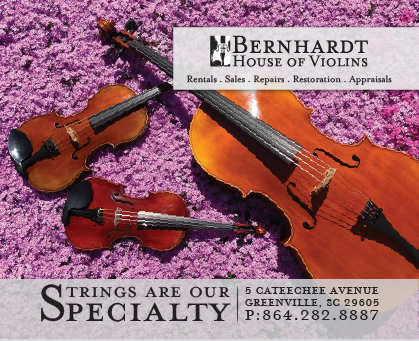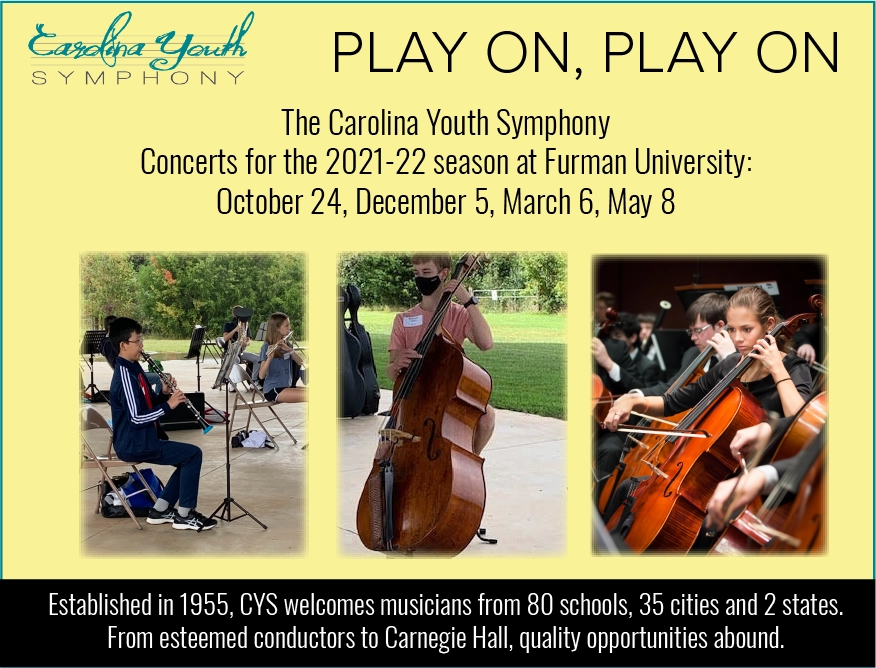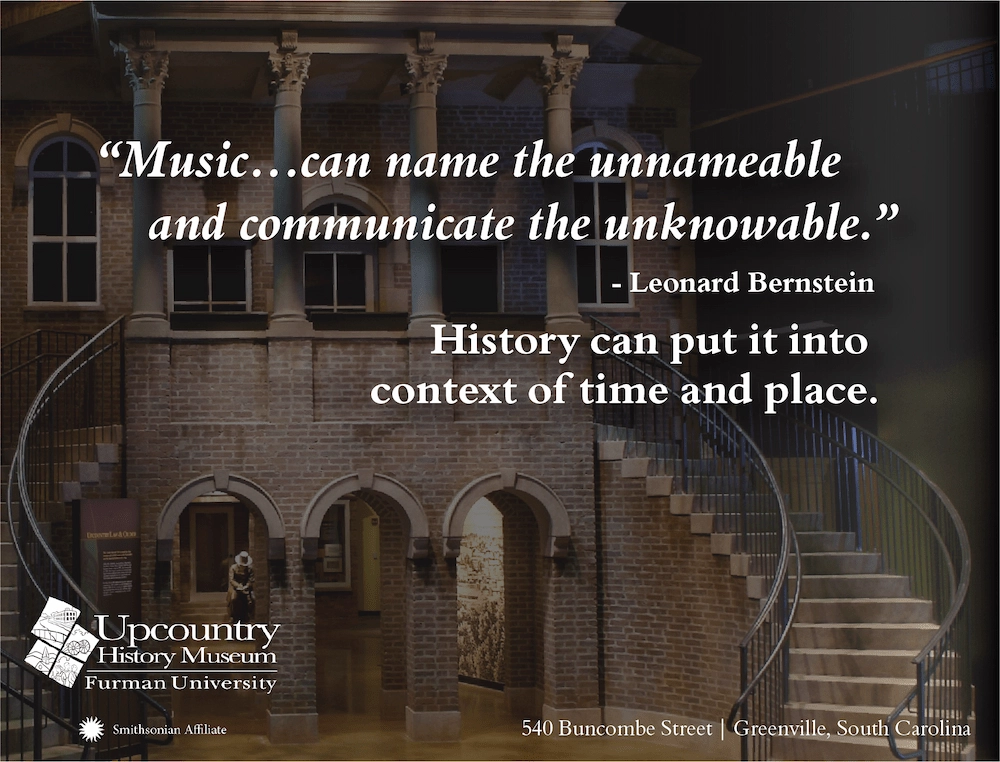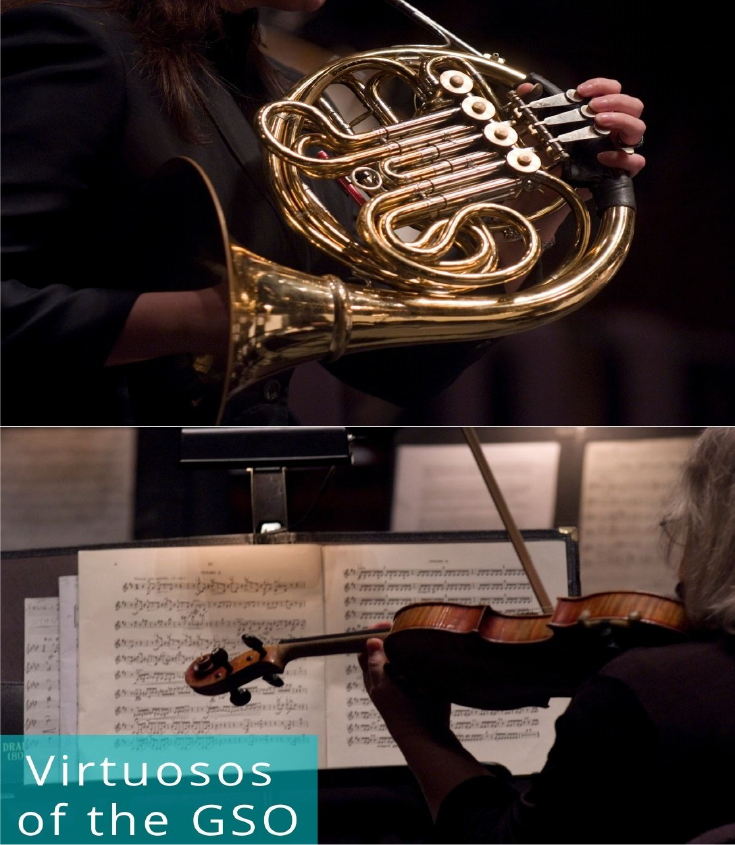
VIRTUOSOS OF THE GSO
Friday, February 4, 2022 at 8:00 p.m.
Saturday, February 5, 2022 at 8:00 p.m.
Sunday, February 6, 2022 at 3:00 p.m.
Gunter Theatre
BRAHMS (1833-1897)
String Quintet No. 2
I. Allegro non troppo, ma con brio
II. Adagio
III. Un pocco allegretto
IV. Vivace ma non troppo presto
intermission
HANDEL (1685-1759)
Arrival of the Queen of Sheba
CHEETHAM (b. 1939)
A Brass Menagerie
I. Molto allegro ed energetico
II. Lento
III. Scherzando ben ritmico
IV. Alla Marcia
V. Brillante
SORG (b. 1977)
Mental Disorders
ROBLEE (b. 1943)
Blues for Brass
![]()
Funded in part by a grant from the Metropolitan Arts Council, which receives funding from the City of Greenville, SEW Eurodrive, BMW Manufacturing Company, LLC, Michelin North America, Inc., and the South Carolina Arts Commission with support from the National Endowment for the Arts.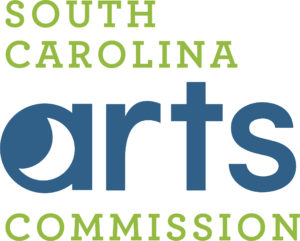
This organization is funded in part by the
South Carolina Arts Commission which receives support
from the National Endowment for the Arts.
‘Virtuosos of the GSO’
Program Notes by Paul Hyde
--------------------------------------------------------------------------
String Quintet No. 2
Johannes Brahms (1833-1897)
Brahms intended the String Quintet No. 2 to be his last musical utterance. In a December 1890 letter to his publisher, the 57-year-old Brahms wrote, “With this note you can take leave of my music, because it is high time to stop.” Around the same time, Brahms told a friend that he had “achieved enough; here I have before me a carefree old age and can enjoy it in peace.”
In fact, Brahms couldn’t resist composing a few more works in later years. But there is certainly an autumnal feeling to much of the String Quintet No. 2. The quintet’s second movement especially is filled with nostalgia.
But the expansive work — at about 30 minutes, it’s longer than many Mozart symphonies — is complex, traversing a broad emotional landscape. Much of the first and fourth movements, for instance, offer a vigorous counterpoint to the introspective second and third movements.
The first movement begins in celebratory fashion before relaxing into a leisurely Viennese waltz rhythm. The second movement begins with a slow viola duet, propelled by the cello’s pizzicato. It unfolds in a set of haunting variations.
The third movement is moderately paced, with a gentle lilt suggesting a waltz or minuet. The fourth movement evokes the festive joy of a Hungarian folk dance. It may remind a listener of the 21 Hungarian Dances that became one of Brahms’ most popular sets of works. The brisk coda ends the work in exuberant fashion.
“Arrival of the Queen of Sheba”
George Frideric Handel (1685-1759)
An orchestra’s brass players typically sit at the back of an ensemble, providing bursts of radiance and oomph to a symphonic work.
At this chamber concert, however, the Greenville Symphony’s top brass players will be front and center.
Handel’s “Arrival of the Queen of Sheba” suggests a grand royal procession. The short piece has been arranged for a variety of instruments. This arrangement, originally for the famous Canadian Brass, features a piccolo trumpet and an E-flat trumpet, giving the work a marvelous bright sound.
“Brass Menagerie”
John Cheetham
Today’s works were chosen by the Greenville Symphony brass players featured in the program. American composer John Cheetham’s “Brass Menagerie” is one of the most popular pieces for brass quintets.
Dating from 1987, “Brass Menagerie” is a relatively conservative work by contemporary standards. A vigorous march near the beginning of the anxious first movement could have come from the pen of John Williams or Dmitri Shostakovich.
The slow second movement spotlights a haunting melody. The highly syncopated finale, featuring another forceful march, concludes the piece in vigorous fashion.
“Mental Disorders”
Andrew Sorg
Andrew Sorg’s “Mental Disorders” is, as the title suggests, a serious depiction of mental disability. Specifically, the work describes the composer’s experience in a toxic relationship, with his partner deeply troubled by mental challenges.
This intense piece, virtuosic indeed, mixes classical, jazz, tonal and atonal musical styles. The first movement, titled “Multiple Personalities,” is full of anxiety, with the horn, trumpet and trombone representing different personalities in the same person.
In the second movement, “What Could Have Been/What Is,” a slow ballad suggests an idealized version of what the relationship could have been. The dissonant transitions reflect what the troubled relationship actually became.
In the third movement, “A.D.D./A.D.H.D.,” the low brass represents the fury of an unfocused mind as the trumpets try to bring clarity.
The final movement, “Death Stare,” depicts the troubled breakup of the relationship, involving lies, a suicide attempt and a restraining order. The jazz portion reflects a celebration of freedom from the toxic relationship. But freedom is short-lived, and more chaos ensues before the final break.
“Blues for Brass”
Richard Roblee
A short work, Richard Roblee’s sassy “Blues for Brass,” closes the program.
“It’s jazz-oriented and after the intensity of the Sorg piece, it’s a fun and relaxing way to conclude the concert,” said co-principal trumpet player Phil Elkins. “We’re sure everyone is going to enjoy it.”
Paul Hyde, a longtime Upstate journalist, is an instructor of English at Tri-County Technical College and Lander University.
DVORAK'S "NEW WORLD" SYMPHONY
Saturday, February 26 at 8:00 pm
Sunday, February 27 at 3:00 pm
Masterworks - Peace Concert Hall
Edvard Tchivzhel, conductor
Olga Kern, piano
RACHMANINOFF Piano Concerto No. 1
DVORAK Symphony No. 9 ("From the New World")
Tickets start at just $19.
THE SOLDIER'S TALE
Friday, March 4, 2022 at 8:00 p.m.
Saturday, March 5, 2022 at 8:00 p.m.
Sunday, March 6 at 3:00 p.m.
Chamber - Gunter Theatre
Edvard Tchivzhel, conductor
David Bean, narrator
International Ballet of Greenville
International Ballet appearance sponsored by Greta and Graham Somerville
STRAVINSKY "The Soldier's Tale"
The Greenville Symphony Orchestra thanks Community Journals and Salem Media Group (94.5 FM "The Answer," 103.3 FM & 95.9 FM "The Earth" and 96.9 FM "Rejoice") for providing promotional support.
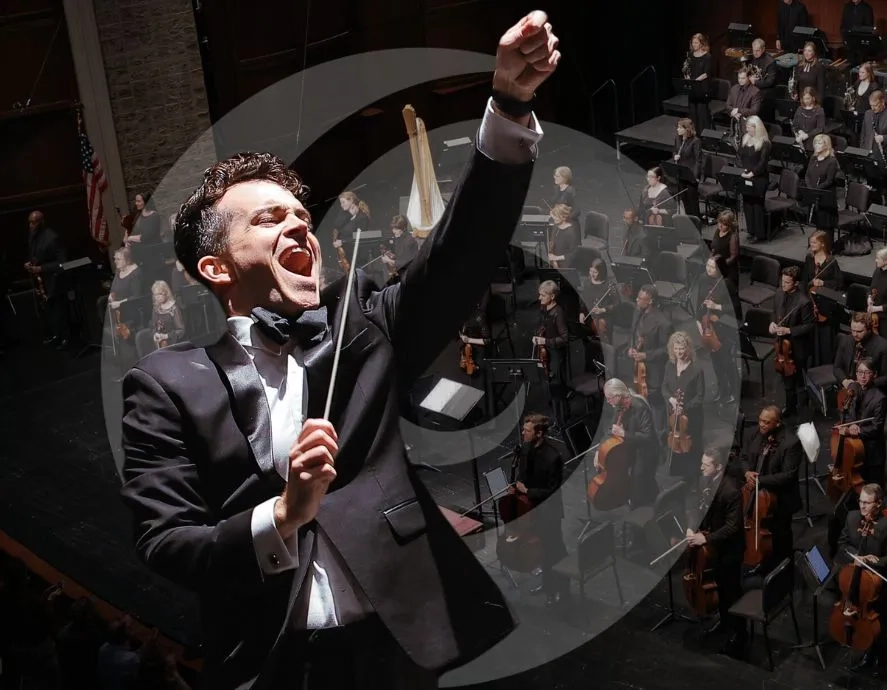
Concert Hall Series
Saturday performances at 7:30 pm
Sunday at 3:00 pm
Opening Night: Beethoven’s Ninth
October 5 & 6
Grieg’s Piano Concerto
November 23 & 24
Tchivzhel Conducts Tchaik 4
January 25 & 26
Duke Ellington’s The River
March 1 & 2
Jacqueline Tso plays
Bruch’s Scottish Fantasy
April 5 & 6
Beethoven and Brazil
May 10 & 11
Gunter Theatre Series
Performance start times vary
Peter and the Wolf
November 9 & 10
The Marriage of Figaro
February 15 & 16
Movers, Shakers, and Noise-Makers
March 22 & 23
Bach-Inspired with Violist Kathryn Dey
May 24 & 25
Special Events
Holiday at Peace
Peace Concert Hall
December 6 at 7:00 pm
December 7 at 1:00 & 7:00 pm
December 8 at 2:00 pm
Harry Potter and the Prisoner of Azkaban™ in concert
Peace Concert Hall
January 11 at 1:00 pm and 7:00 pm
January 12 at 2:00 pm
Star Wars: The Empire Strikes Back in Concert
May 4 at 7:00 pm
Bon Secours Wellness Arena
Music at Hotel Hartness
A luxe chamber music experience in a beautiful space.
Performances at 7:00 pm
Dracula! with Special Guest Dacre Stoker
October 23
Musical Landscapes
April 23
Music in the Gray Loft
Enjoy lunch or wine with a friendly, casual chamber music experience.
Performances at 12:00 and 5:30 pm
Dracula! with Special Guest Dacre Stoker
October 24
Musical Landscapes
April 24
Details and tickets available at greenvillesymphony.org

